Educating, Empowering And Embracing One’s Half-Japanese Heritage
A Conversation With Hafu Ladies Founder Nina Cataldo
Tokyo-based communication specialist Nina Cataldo is the founder of Hafu Ladies, a worldwide community for half-Japanese (hafu) women. Since launching the public page and private group on Facebook in November 2018, she has seen the community grow to 900-strong.
Savvy Tokyo sat down with Nina Cataldo to find out more about the group, why it is important to her, and how it serves its community.
Tell us a little about Hafu Ladies.
We have three pillars: to educate, to empower, and to embrace. Members typically have a connection to Japan in a racial or ethnic sense, but we also have members who are culturally Japanese. A third are in the United States and almost half are 25-34 years old, but we try to make it a diverse community where anyone with our shared heritage can come together.
Quite a few members tell me it is a community where they are understood. They never felt like they were allowed to be Japanese because they didn’t speak the language. Realizing they were accepted no matter their language was a turning point. But you don’t have to be struggling with your identity to benefit from the community. Members have become great friends: a global community and sisterhood that count on each other.
I wanted to create a safe community for hafu women to discuss things—that could be more than just a space to find the next social gathering
How and why did you start Hafu Ladies?
There were about 20 hafu Facebook communities, but none focusing on women. I wanted to create a safe community for hafu women to discuss things—that could be more than just a space to find the next social gathering. I asked some half-Japanese friends about the idea who said it sounded awesome. Hafu Ladies started with those six members in a private Facebook group.
Historically, there has been debate on the word hafu. How did you decide on the name Hafu Ladies?
Most times I know of, it has been Western parents who have been uncomfortable with the word. There is also a generational difference. I know half-Japanese people in their sixties who have bad experiences with the word. For my generation, hafu is a sense of pride. But it’s a word that I only became comfortable with about four years ago. I grew up with my parents telling me I was daburu (double) not hafu, so I resisted using it and didn’t feel good when people called me hafu when I moved back here five years ago. But then I found the hafu community on Facebook. The majority of hafu, including myself, say hafu has developed into a word that connects us, that people know us as.
What has been your biggest challenge with the group?
The racial tension related to the Black Lives Matter movement in the group. I had to learn how—while respecting people’s opinions—to lead the community in a way that is not triggering and still welcoming. As part of our education pillar, we must be willing to learn from others. That means keeping the peace while keeping space for the discussion.
How has Covid-19 impacted the group?
Before the lockdown, we surveyed members about the events they wanted. Many were upset there weren’t events in their area, whether that was Osaka or the US. When the pandemic hit and we were all stuck inside, we explored what we could do online. Virtual events brought opportunities for speakers outside of Japan and took away logistics stress. We’ve now held virtual yoga, belly dancing and movement classes, academic reading circle, and discussions around identity and language. It has made our community more interconnected.
coming here after college, I thought I was going to be treated like a normal Japanese person only to find that I wasn’t
Why is Hafu Ladies so important to you?
It’s something that I didn’t have growing up in the US, where I blended in. Coming here after college, I thought I was going to be treated like a normal Japanese person only to find that I wasn’t. I had a tough time coming to terms with how I was supposed to interact with society. There are such high expectations, especially in Japan, where people think all hafu are beautiful, speak English, and have traveled the world. The reality is that so many half-Japanese people only speak one language and are not part white. I want this community to be a place where people can be proud of who they are.
Do you think the group can impact society?
I think there’s hope. I’ve done workshops in Japan and in Japanese communities about the truth of hafu, that it’s not all rainbows and butterflies. People said afterward that they never realized hafu go through struggles. Those simple realizations have an impact.
I want to give people the strength to speak about their experiences. The more that happens, the more we can change people’s view of us and of mixed-race people in general. I hope that being mixed-race or international becomes more normalized in Japan.
What plans do you have for the group?
I want to create a support network for parents with hafu daughters and start a mentorship for hafu girls and the wider community. I’m also interested in online and physical retreats.
What skills help you run Hafu Ladies?
My background is in public relations, communications, and event planning, which helps a lot with managing the group. As a writer, being able to craft anything from a simple post to telling the story of our community has been important, too.
I want to give people the strength to speak about their experiences. The more that happens, the more we can change people’s view of us and of mixed-race people in general
How has Covid-19 affected you?
Aside from bringing stress and worry, it has been a positive time for me to focus on my priorities. As a mega extravert, I was always out before and Covid has slowed that down. I’ve spent more time with myself than ever and learned to really enjoy that. It has been an interesting, transformative time.
What do you do in your free time?
Everything blends together, especially now when it all happens at home! Recently I’ve started golfing. But work is my free time. I love thinking about the next big idea or event. I’m also still traveling in safe ways, like road trips, and I watch Netflix and do journaling.
Savvy Spotlight is a monthly feature introducing foreign and Japanese women at the frontline of what’s successful, contributing, cool, unique and interesting in the city. If you have anyone in mind you would like us to interview, leave us a comment below with your recommendations!

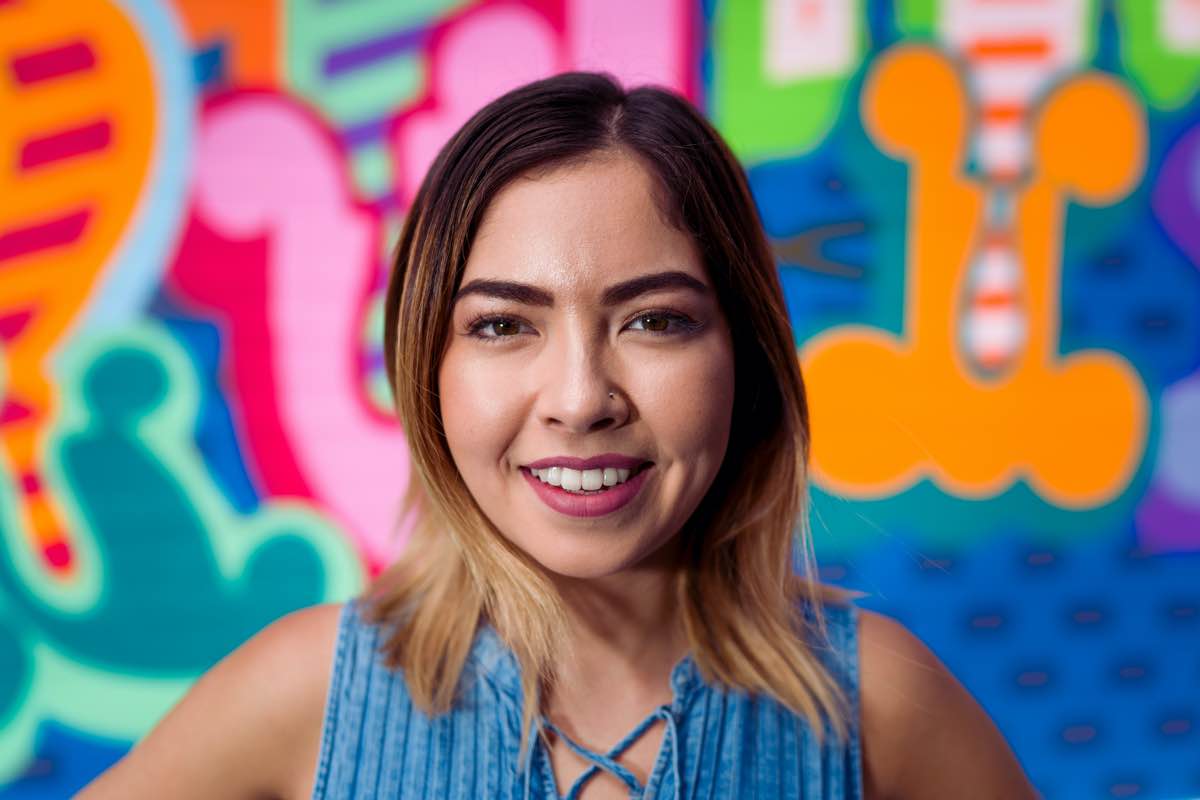
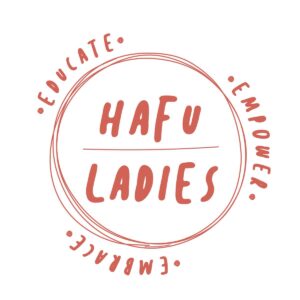
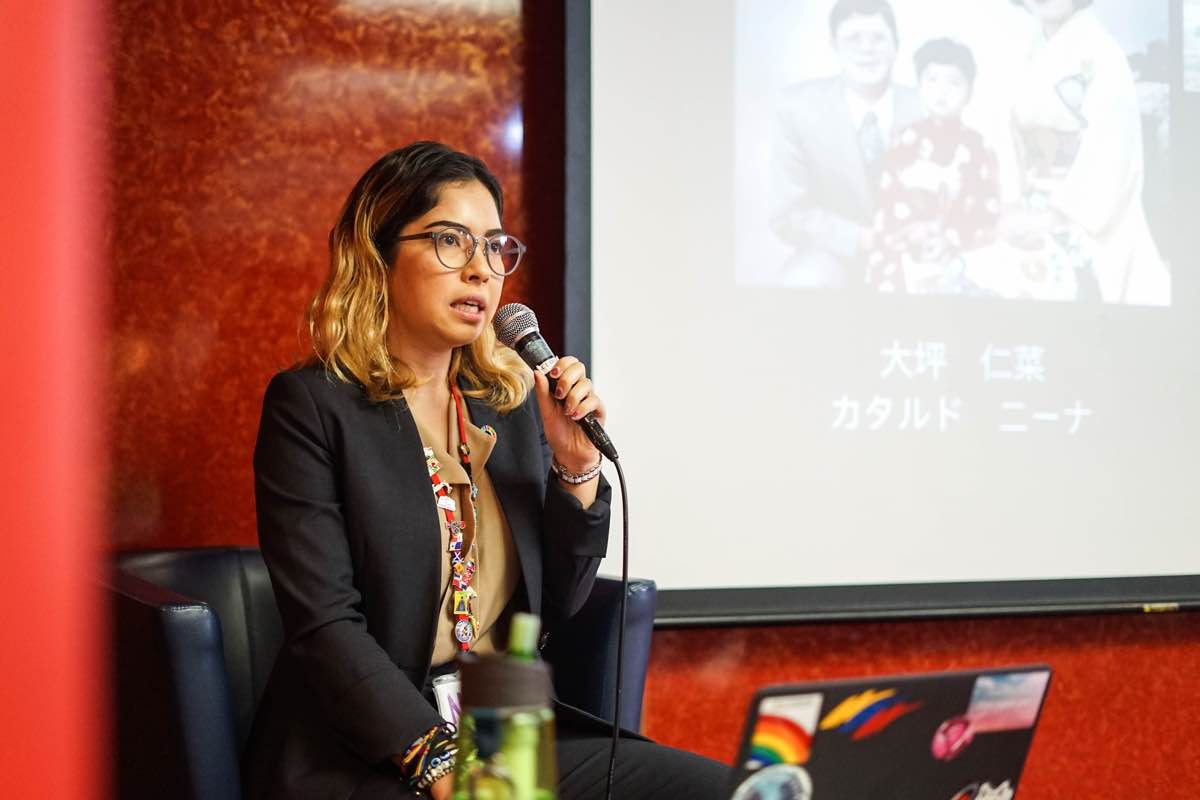
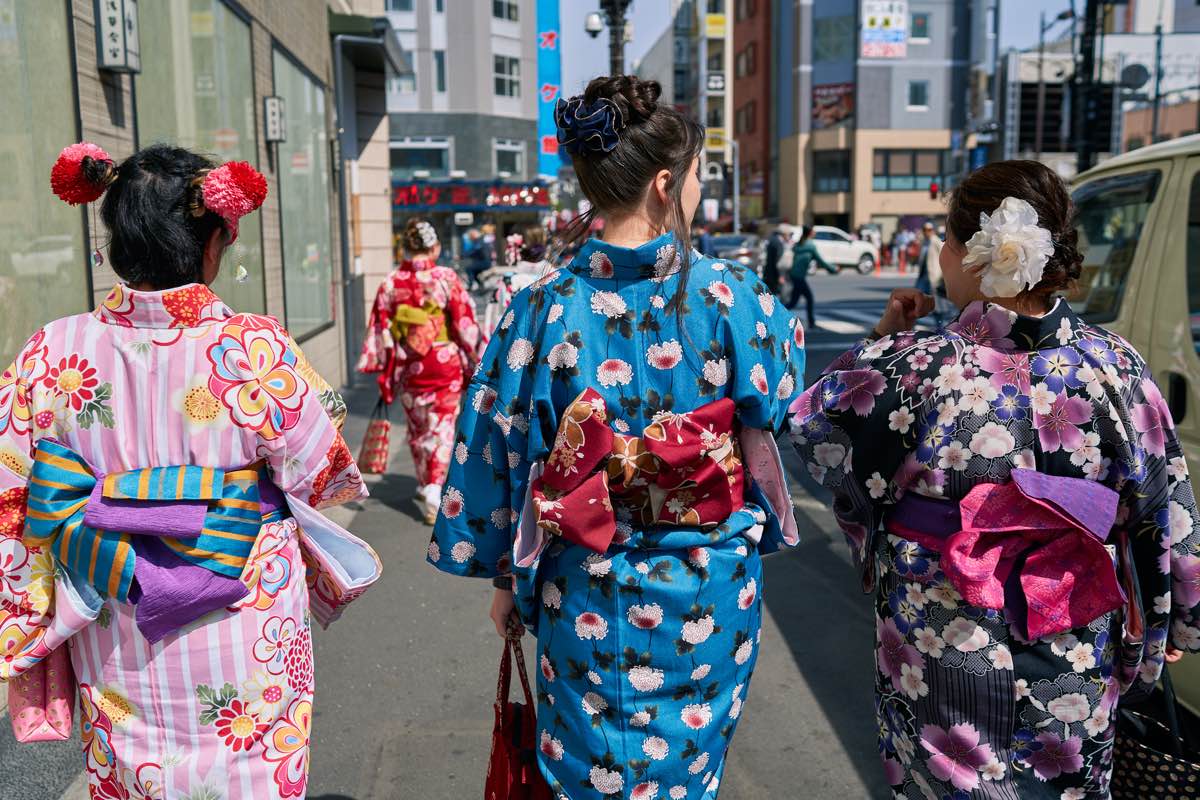











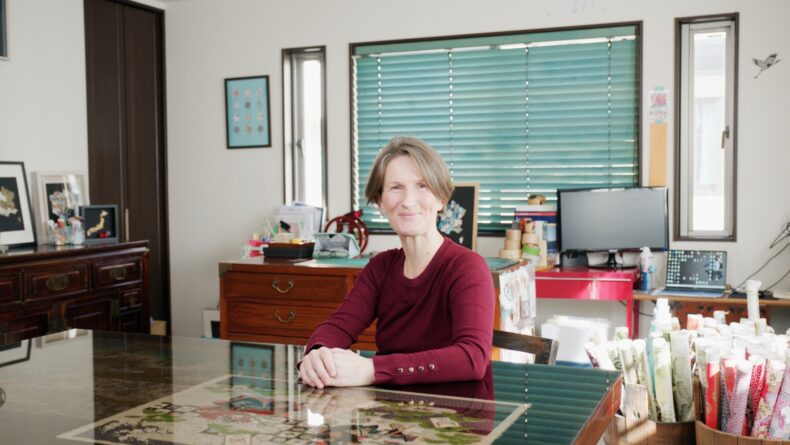

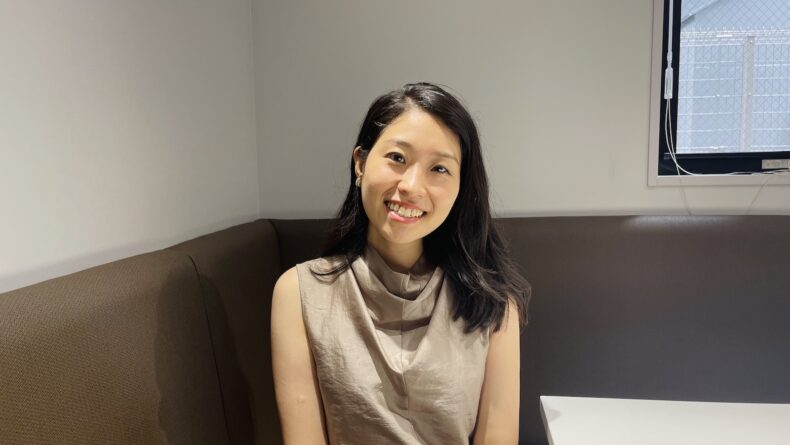

Leave a Reply